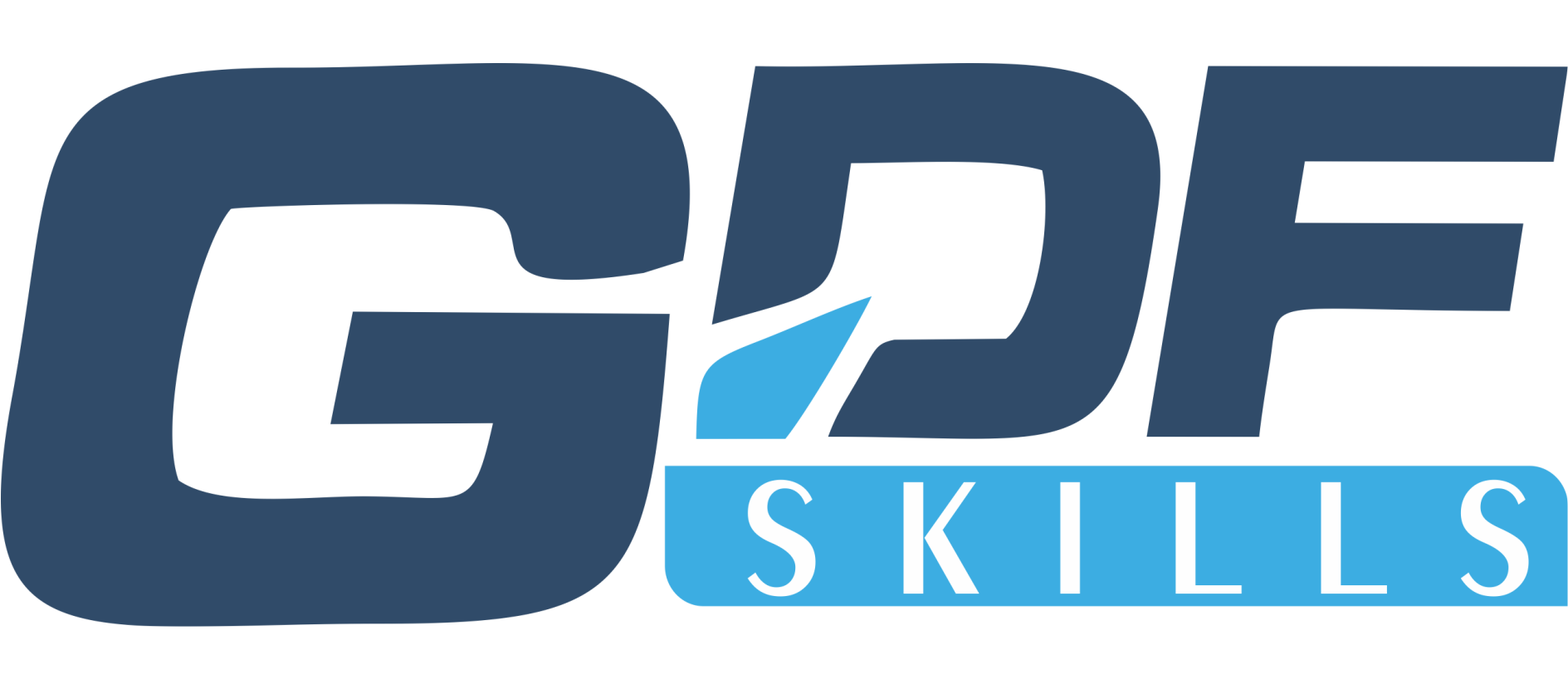Shubham Chaturvedi Thu, 10/10/2019 - 19:46
Way back in 1992, Management Guru Peter Drucker termed the last two decades of the 20th century as a period of 'disruption and discontinuity'. The exponential changes we experience even today are at break-neck speed and frequently disorienting. The explosion of new technologies has brought forth the need for newer industries and careers such as ethical hacking, data scientists, photonics, e-retailers, app development, and YouTubing, changing the careers landscape of the world. According to research done by Market researcher IDC, AI-powered CRM activities could increase global business revenues by $1.1 trillion and create 800,000 net-new jobs by 2021. Also, a NASSCOM study reveals that by 2022, 9% of the workforce will be in jobs that don't even exist today.
Driving the change
As our hunger for knowledge keeps increasing, the implications of it on work, leisure, and leadership can be experienced first-hand by all stakeholders. Gone are the days of regular jobs, permanent employment and working hard to move up the career ladder. These paradigms have changed - unconventional roles are on the rise, career graphs are changing and working smart is the new mantra , and the ladder could well be in a vertical context. In 2016, FICCI and Rolland Berger along with member BRICS countries carried out a study on 'Skill development for Industry 4.0'. The report highlighted job polarization with a decline in the mid-level, repetitive and rule-based jobs and a sharp increase in demand for creative and design-oriented high order skills.
What's ironic though is that even though the jobs seem to have increased; millions are still jobless and large companies are facing a huge talent crunch. It's a grave situation to be in. According to World Bank report, every month, the working-age increases by 1.3 million people and India must create 8.1 million jobs a year to maintain its employment rate, which has been declining based on employment data analyzed from 2005 to 2015.
There is also fault in the design of our complicated education system where skilling and soft skills aren't the focus. Only scores matter, giving rise to mental anxiety, stress and depression. The only way to make the future better is to understand the gaps and fill them through the right career counselling.
Crack the code
The next-gen is full of promise with their new-age talents, skills and strengths , a perfect recipe for a fulfilling career. The diverse opportunities and the number of jobs in business and entrepreneurship may have risen, but the questions to ask the Gen Z is, are you cut for it? Is it cut for you? Will you be able to make a long-term impact?
On the other hand, an interesting study conducted by GDF recently suggested that millennials, graduates and under-graduate students aspire a certain lifestyle. However, they fall under a category called 'drifters' who are not fully aware of what needs to be done to pursue that lifestyle. One may think that Gen Z with all its information and access to technology and the Internet and mobile addiction is ready for whatever the next boom is. Not true. This new "gig" economy with its changing dynamics of businesses and the bewildering variety of jobs has created new opportunities for some, but not all jobseekers. Most often than not, both - parents and students , remain unaware of all the available career choices. The lack of credible information lands them in further confusion about their choice. Therefore, the need of the hour is to offer them the right information, understand their aptitude and strengths and guide them to the right career path.
Creating an impact
The learning and skilling industry have been involved in an in-depth understanding of the emerging future of work while focusing on being 'Inspiring Mentors' for Gen Z to make a true impact. Technology is leveraged to help them make an informed decision. The career counselling techniques are based on scientific theories that gauge the aptitude and career interest to come up with an assessment. This is followed by mentoring to offer guidance and counselling through innovative means. Students could connect with these counsellors online to find out more information about prospective career options, including those that are oriented towards the hobbies and interests of students that are becoming best career choices with great sources of income.
It's a known fact that career counselling brings about an attitudinal shift. Therefore, the key to shaping a successful future of the next gen lies in offering the right counselling to them, at the right time. The earlier they start, the better it is for the economy.


